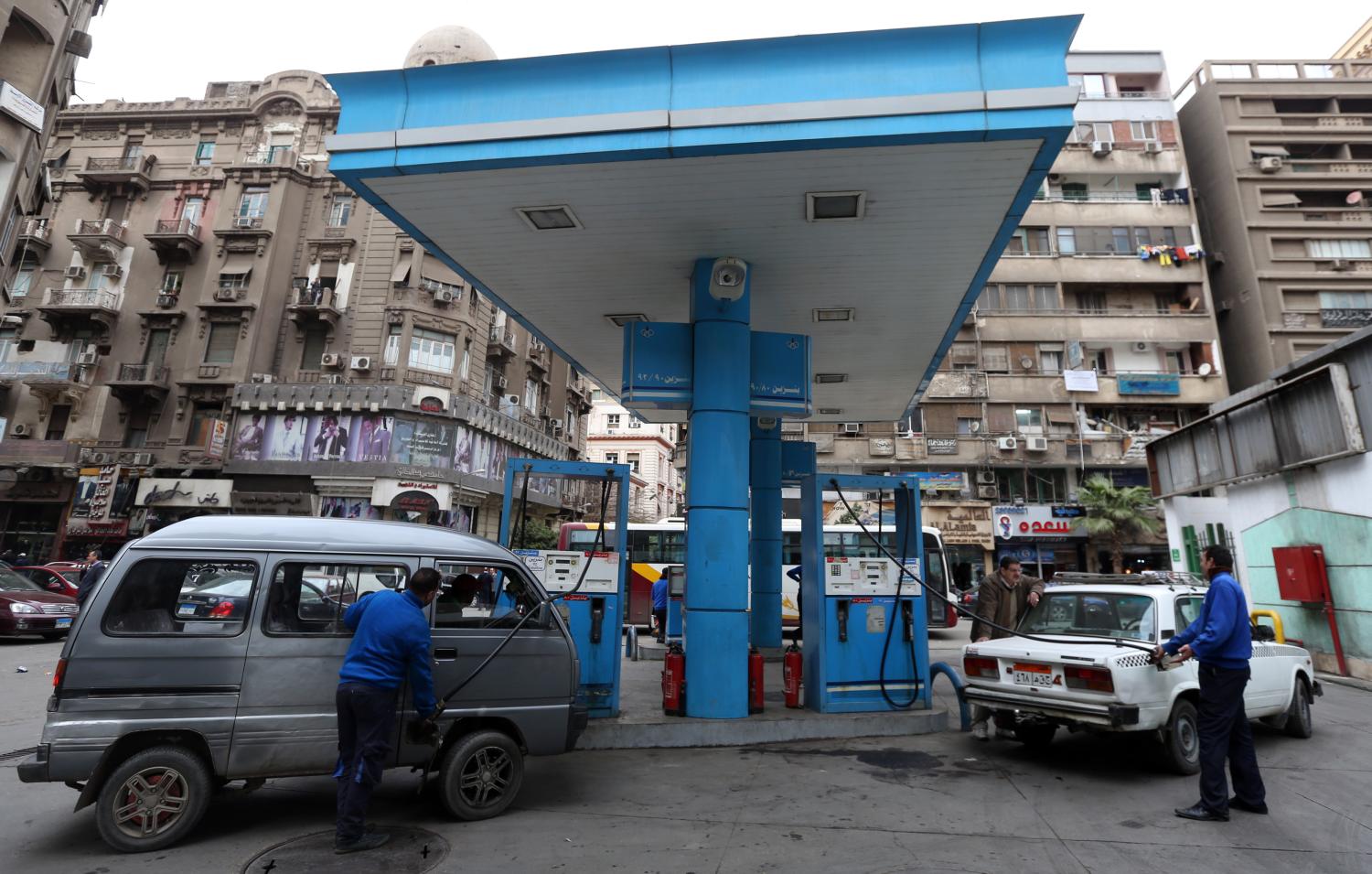Since January 2011, Egypt has been going through a
turbulent period with two regimes having been toppled
by mass protests. Social injustice, a widening gap between
rich and poor and widespread corruption are
considered to be the major reasons that took protestors
to the streets.
Poor infrastructure and deteriorating public services,
which are characterized by frequent power cuts, chronic
traffic in Cairo and piles of garbage on the street, are
said to have exacerbated public discontent with the governments
of President Mubarak and President Morsi.
In Egypt, decades-long low level investment resulted in
underdevelopment of infrastructure and public services
compared with many other emerging economies.
This does not mean that the Egyptian government has
not exerted any efforts to improve the situation. On
the contrary, in order to solve these problems, many
strategies and plans have been formulated and numerous
numbers of projects, programs and policy reforms
have been proposed. According to research conducted
by the Japan International Cooperation Agency (JICA),
there were at least 41 existing plans and strategies in
various forms as of 2012.
In Egypt, the lack of strategy implementation for so many years has led to low rates of public investment and poor infrastructure and deteriorating public services.
However, not only are there too many overlapping
strategies in many cases, very few have been implemented
to any significant degree.
In both the business community and the public sector,
a great deal of energy and resources are often poured
into formulating strategy, while too little effort is diverted
to the implementation of that strategy. In Egypt,
the lack of strategy implementation for so many years
has led to low rates of public investment and poor infrastructure
and deteriorating public services.
The presidential election in May 2014 saw Abdel-Fattah
el-Sissi, a former military leader, elected by an overwhelming
majority vote. Within months of his inauguration,
the new administration took a number of major
reforms such as the reduction of fuel subsidies and the
implementation of the Suez Canal widening project. For
some, expectations are rising that the new leadership
has a strong commitment to bring real change to the
country. However, the challenges for the leaders will be
how to make the machinery of government work in order
to implement changes and strategies. Public sector management
and institutional reform is indispensable for the
success of the new government, and much will hinge on
reforming implementation.




